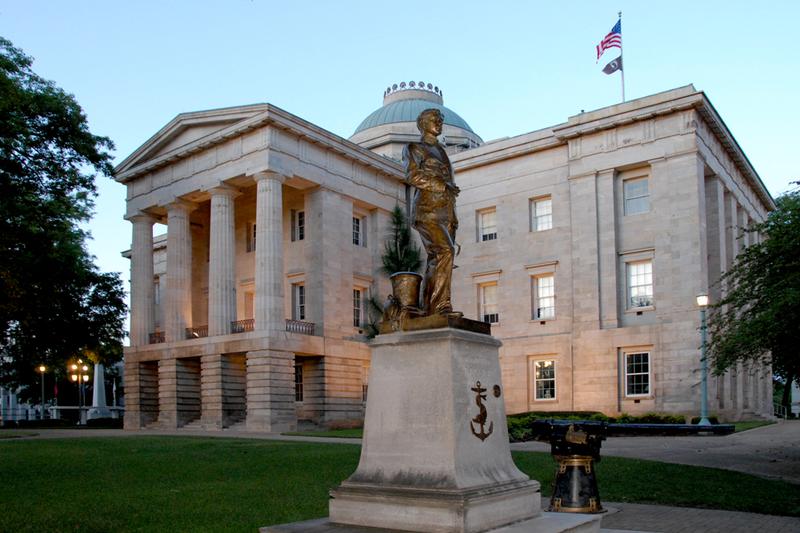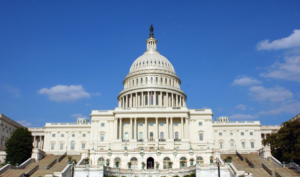North Carolina’s General Assembly concludes 14-month session

North Carolina’s General Assembly concluded its marathon legislative session on Friday after 14 months of wrangling on new congressional and legislative maps and lengthy budget talks that pushed the session into 2022.
Lawmakers concluded their work Thursday with approval of an omnibus bill to address a variety of unresolved issues from the 14-month session, as well as a resolution condemning the Russian invasion of Ukraine.
The omnibus bill included additional COVID-19 relief for businesses, a boost to $15 per hour for home health care and personal care workers, expansion of a federal crop loss program for a hard freeze last spring, and tweaks to how funds for local capital projects are distributed. The bill also set runoff elections from the May 17 primary for July 26, rather than July 5, due to concerns about finding poll workers the day after Independence Day.
The 52-page bill passed the House 96-16 and the Senate 44-4, and is now headed to Gov. Roy Cooper for approval.
Other last minute measures in the Senate included the unanimous confirmation of Karen M. Kemerait to the North Carolina Utilities Commission, as well as a failed override of Cooper’s veto of Senate Bill 173, known as the Free the Smiles Act. The bill would have allowed parents to decide whether their children should wear a mask at school, but the override failed 27-22.
The House voted unanimously on Thursday in favor of a resolution to stand “in solidarity with the people of Ukraine as they fight for their freedom” and urge the federal government to “take steps to reduce the United States’ dependence on foreign oil by increasing domestic energy production.”
The resolution also included a suggestion by State Treasurer Dale Folwell to seek changes to the Foreign Sovereign Immunities Act (FSIA) to allow state pension funds to pursue economic damages from the Russian invasion in U.S. courts.
The move would create an exception to FSIA for state-sponsored terrorism that would provide a means for pension funds and other institutional investors to seize Russian assets as compensation.
“Amending FSIA language to provide state pension funds with greater legal mechanisms to more easily recoup economic losses is a crucial step to impose serious financial consequences on the Russian tyrant, diminishing his ability to fund his evil war,” Folwell said. “We need to punish Putin and his cronies for pension and investment losses. North Carolina taxpayers and those who teach, protect and otherwise serve should not suffer that burden.”
The North Carolina General Assembly concluded the session by approving a joint resolution that adjourned the legislature at noon Friday, but maintains the ability to reconvene April 4-6 and May 4-6 to address specific issues.
Under the resolution, the three day sessions can only include work on appointment bills, veto overrides and conference reports.
The session for odd-numbered years typically concludes in the summer but was repeatedly extended because of issues related to the pandemic and budget, resulting in the longest session since 1965. The General Assembly is scheduled to reconvene on May 18 for a short session that typically runs through late June or July.
This article was originally posted on North Carolina’s General Assembly concludes 14-month session





